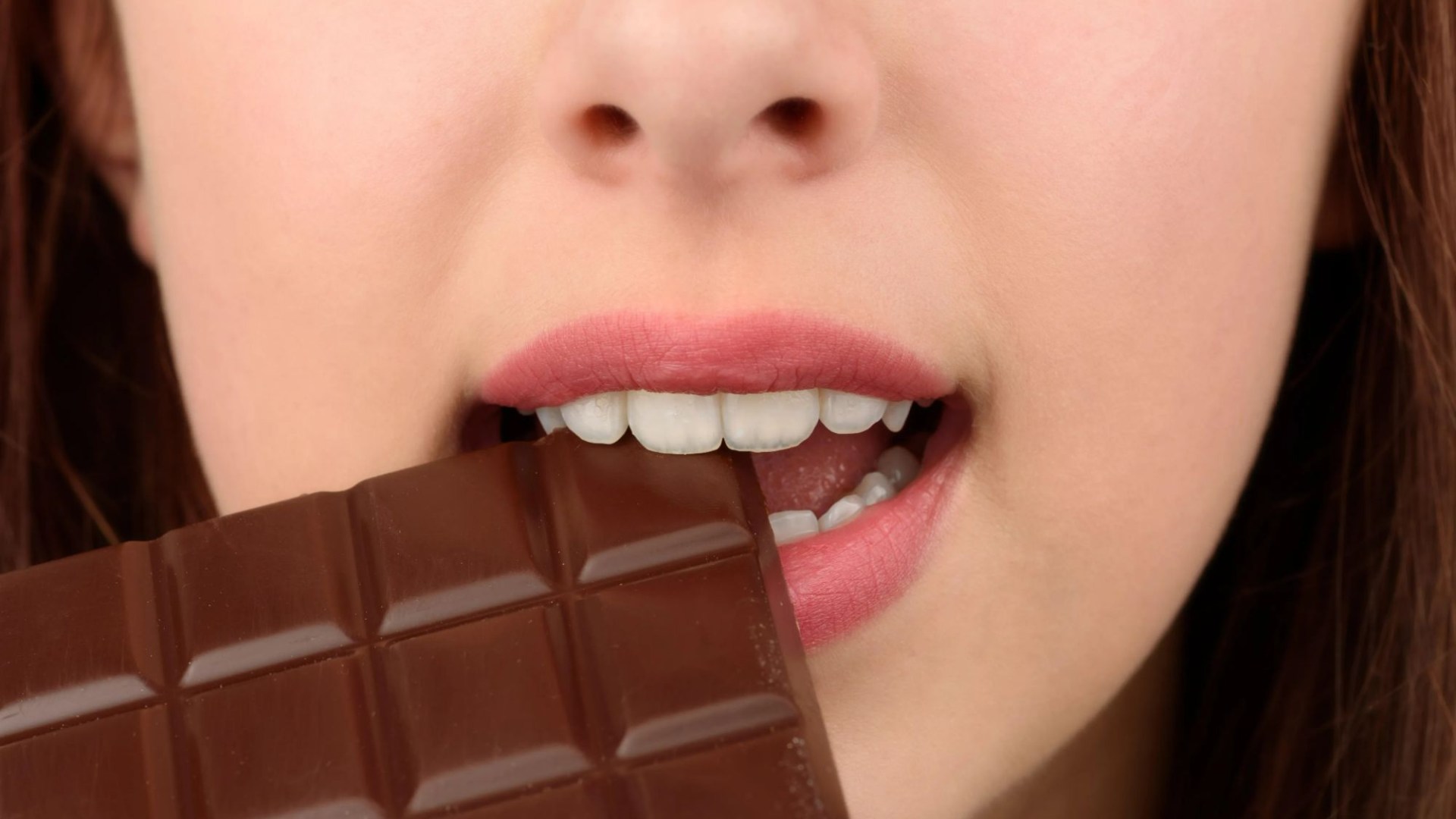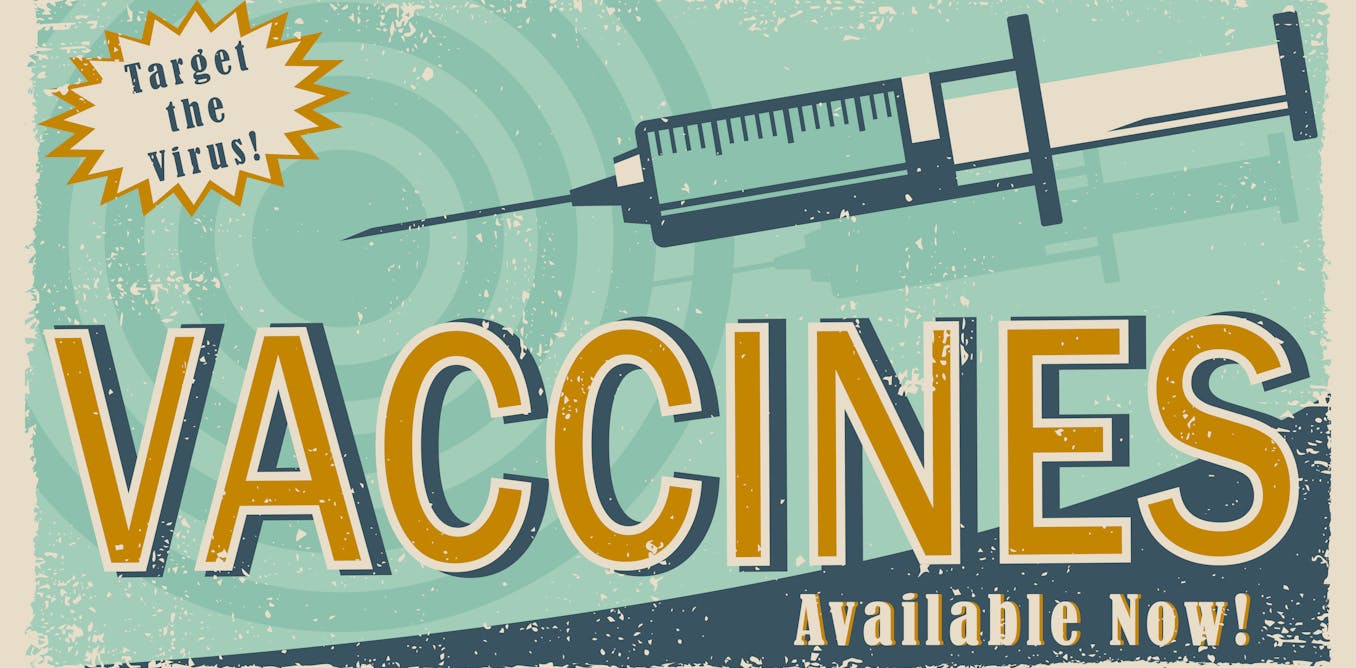RED wine and chocolate could cut your risk of dementia, according to a study.
A little indulgence may be good for our brains thanks to ingredients packed with antioxidants.
2

2
The study of 122,000 British adults found those who ate the greatest amounts of flavonoids had a 28 per cent lower risk of dementia than people who ate the least.
The health-boosting chemicals are found in the grapes used to make vino, and also in the cocoa beans in dark chocolate.
People also get them from more famously healthy foods like berries, leafy greens and fruit and vegetables.
About a million people in the UK have dementia and nearly half of cases could be prevented by better health.
Study author Dr Amy Jennings, from Queen’s University in Belfast, said: “These results provide a clear public health message.
“They suggest that a simple increase in daily consumption of flavonoid-rich foods may lower dementia risk.
“Currently there is no effective treatment for the disease so preventive interventions to improve health should continue to be a priority.”
Flavonoid-rich foods and drinks include:
- Berries
- Leafy greens
- Tea
- Red wine
- Dark chocolate
The research, in the journal JAMA Network Open, compared dementia rates and diets in 40 to 70-year-olds in the UK.
It found a diet high in flavonoids was an even bigger boost for people with a high genetic risk of dementia, who saw a 43 per cent reduction in risk.
Wine was one of the foods most strongly linked to a drop in chances of disease.
People were best off if they combined two out of three top habits each day – five cups of tea, one glass of red wine or a handful of berries.
Dr Jennings said they are the top sources of the key antioxidants flavan-3-ols, flavonols and flavones.
She said these could protect the brain by lowering blood pressure, reducing swelling, improving blood flow and cutting the odds of depression.
A second study by Harvard University in the US added that eating whole grains, vegetables and nuts every day reduces the risk of brain decline.
People can also help to stave off dementia by exercising often, losing weight and using glasses and hearing aids if they need them.
Foods that up your risk of dementia
Flavonoid-rich foods may have a protective effect on the the brain – but studies show that certain foods may also be a risk factor in dementia.
Here are some foods that may increase your risk:
Processed red meat
Consuming two servings of processed red meat each week has been linked to 14 per cent a higher risk of cognitive decline.
Swapping out bacon and sausages with a serving of nuts, beans or tofu every day may lower the risk of dementia by 20 per cent.
Ultra-processed food
Ultra-processed foods (UPF) – which contain flavourings, preservatives, emulsifiers and thickeners and have been heavily altered from their natural state – have been linked to an increased risk of cognitive decline and developing dementia.
They include fizzy drinks, biscuits, sweets, ready meals and crisps.
Researchers estimated that replacing 10 per cent of UPFs you eat with minimally processed or unprocessed food could reduce your risk of developing dementia by 19 per cent.
Sugar
Sugar is believed to increase the risk of dementia.
Having lots of sugar in any form, including fruit juice, cakes, and chocolate, makes people 54 per cent more likely to develop the condition, a US study found.
Alcohol
According to Alzheimer’s Society, evidence shows that excessive alcohol consumption increases a person’s risk of developing dementia.
Boozing is linked to reduced volume of the brain’s white matter, which helps to transmit signals between different brain regions, leading to issues in brain function, the charity explained.
Over a long period of time, drinking more than the recommended limit of 14 units of alcohol a week “may shrink the parts of the brain involved in memory”.




